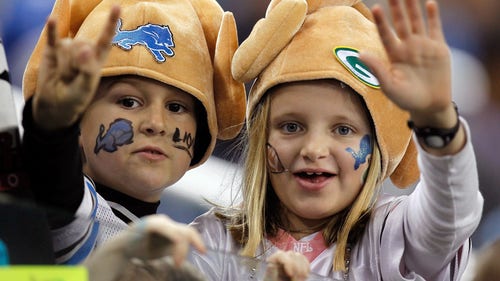'About time': LGBTQ Olympic athletes unleash a rainbow wave
TOKYO (AP) — When Olympic diver Tom Daley
Back then, the number of gay Olympians who felt able and willing to speak openly about their private lives could be counted on a few hands. There'd been just two dozen openly gay Olympians among the more than 10,000 who competed at
Still, at the Tokyo Games, the picture is changing.
A wave of rainbow-colored pride, openness and acceptance is sweeping through Olympic pools, skateparks, halls and fields, with a record number of openly gay competitors in Tokyo. Whereas LGBTQ invisibility used to make Olympic sports seem out of step with the times, Tokyo is shaping up as a watershed for the community and for the Games — now, finally, starting to better reflect human diversity.
“It's about time that everyone was able to be who they are and celebrated for it,” said U.S. skateboarder Alexis Sablone, one of at least five openly LGBTQ athletes in that sport
“It's really cool,” Sablone said. “What I hope that means is that even outside of sports, kids are raised not just under the assumption that they are heterosexual."
The gay website
“The massive increase in the number of out athletes reflects the growing acceptance of LGBTQ people in sports and society,” Outsports says.
Daley is also broadcasting that message from Tokyo, his fourth Olympics overall and second since he came out.
After
“I hope that any young LGBT person out there can see that no matter how alone you feel right now you are not alone," Daley said. "You can achieve anything, and there is a whole lot of your chosen family out here."
“I feel incredibly proud to say that I am a gay man and also an Olympic champion,” he added. “Because, you know, when I was younger I thought I was never going to be anything or achieve anything because of who I was.”
Still, there's progress yet to be made.
Among the more than 11,000 athletes competing in Tokyo, there will be others who still feel held back, unable to come out and be themselves. Outsports’ list has few men, reflecting their lack of representation that extends beyond Olympic sports. Finnish Olympian Ari-Pekka Liukkonen is one of the rare openly gay men in his sport, swimming.
“Swimming, it’s still much harder to come out (for) some reason," he said. "If you need to hide what you are, it’s very hard.”
Only this June did an active player in the NFL — Las Vegas Raiders defensive end Carl Nassib —
The feeling that “there's still a lot of fight to be done” and that she needed to stand up and be counted in Tokyo is why Elissa Alarie, competing in rugby, contacted Outsports to get herself named on its list. With their permission, she also added three of her Canadian teammates.
“It’s important to be on that list because we are in 2021 and there are still, like, firsts happening. We see them in the men’s professional sports, NFL, and a bunch of other sports," Alarie said. "Yes, we have come a long way. But the fact that we still have firsts happening means that we need to still work on this.”
Tokyo's out Olympians are also almost exclusively from Europe, North and South America, and Australia/New Zealand. The only Asians on the Outsports list are Indian sprinter Dutee Chand and skateboarder Margielyn Didal from the Philippines.
That loud silence resonates with Alarie. Growing up in a small town in Quebec, she had no gay role models and "just thought something was wrong with me.”
"To this day, who we are is still illegal in many countries," she said. “So until it's safe for people in those countries to come out, I think we need to keep those voices loud and clear."
___
AP Sports Writers Andrew Dampf and Paul Newberry contributed to this report. Paris-based AP multimedia journalist John Leicester is covering his eighth Olympics. Follow him on Twitter at
___
More AP Olympics:








